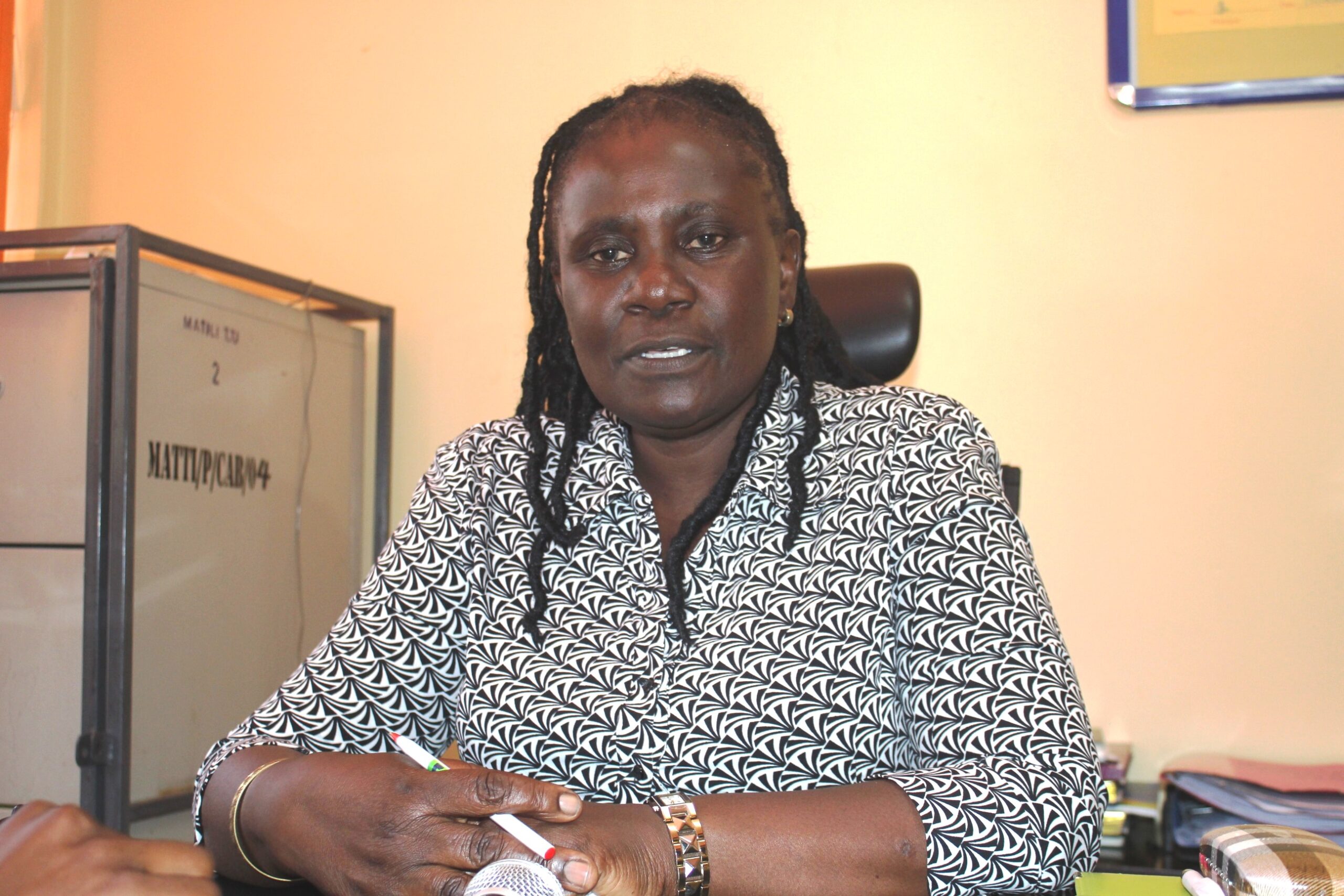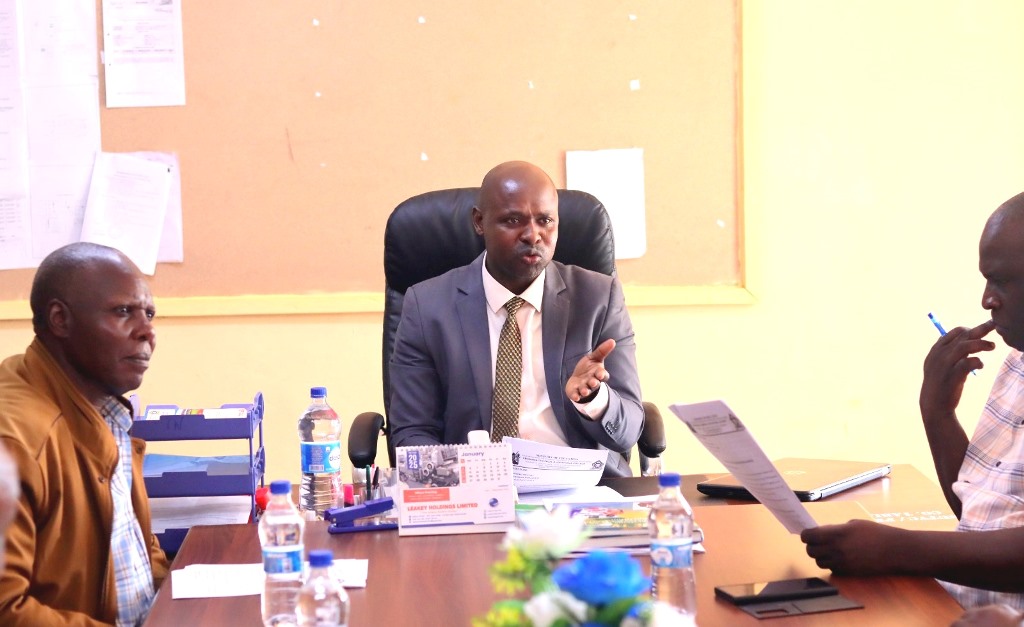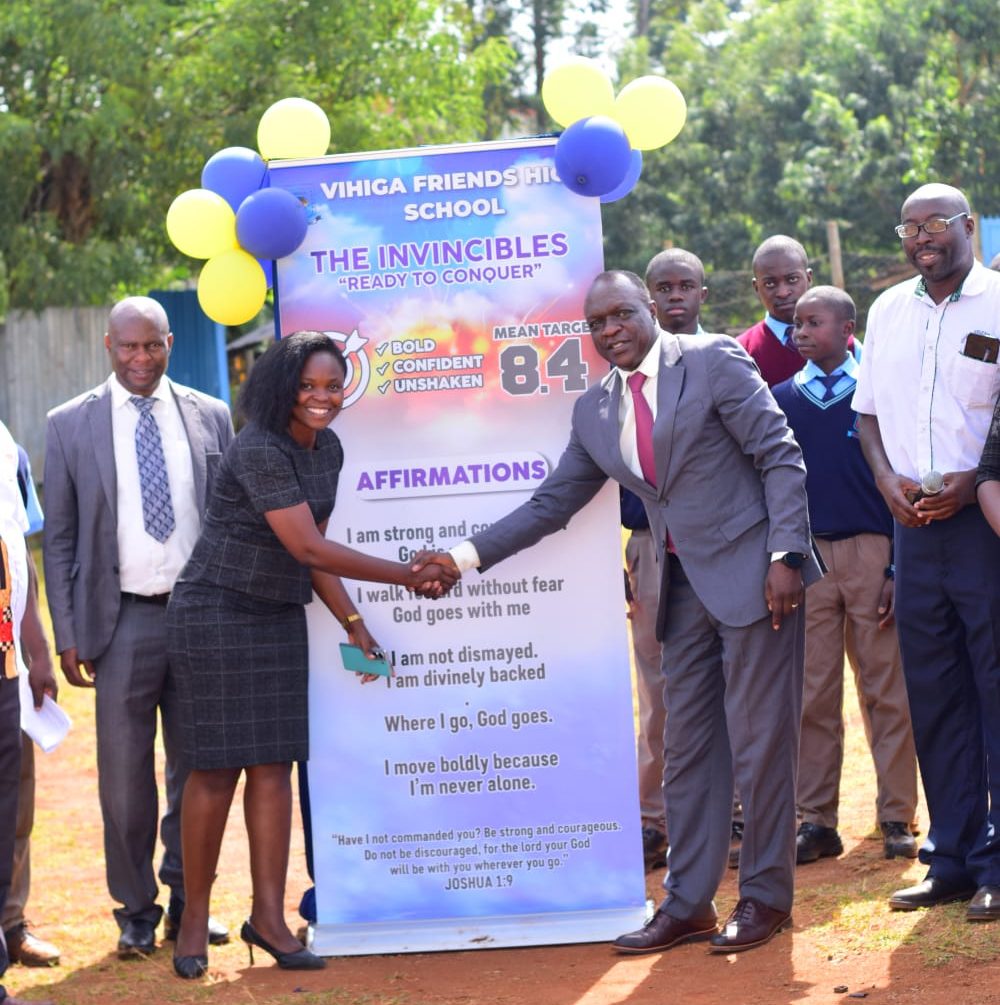It was Pema Chodron that sagely said: “Appreciate everything, even the ordinary. Especially the ordinary.” Meaning, gratitude is the mother of all qualities and positive traits that help us find meaning, and to connect with compassion, resilience, confidence, passion, et cetera.
It is good to thank God. An attitude of gratitude makes people happy. In 1 Thessalonians 5:16-18 Apostle Paul of Tarsus writes these magnificent words: “Be joyful always. Pray continually. Give thanks in all circumstances, for this is God’s will for you in Christ Jesus.”
Then, before Jesus fed the 5,000, he thanked the Heavenly Father, then a miracle popped up. The 5 loaves of bread and 2 fishes multiplied. Matthew 14:13-21. In John chapter 11, we read about one friend of Jesus who died. Jesus brought Lazarus back to life. In verse 41, we read …then Jesus looked up and said: “Father, I thank you that you have heard me…”
Those powerful words rife with life and gratitude brought Lazarus back to life. Hallelujah! In the same token, be like the tenth leper, the one who remembered to come back to thank Jesus profusely after being made whole. Jesus healed the dreaded disease – leprosy. The 9 were healed, but disappeared into the thin air like a joking cloud. Luke 17:11-19.
Therefore, I suggest. Begin your day by giving thanks. Thank God for the light to see, the ground to walk on and the air to breathe. Ancient, timeless gratitude have risen all around the world. People always think that gratitude is only saying thank you, as if this were the most important aspect of it. Yet, the most important aspect of the practice of grateful living is trust in life. To live that way, is what is called grateful living. Because when you receive every moment as a gift, this is when you press pause button and ask: What is the opportunity in this moment?
Among native americans, traditions of thanksgiving abound. In one ritual observance, described by Buddhist scholar and environmental activist Joanna Macy, Onondaga children gather for a daily morning assembly to start their school day with an offering of gratitude. A teacher begins, “let us gather our minds as one and give thanks to our eldest brother, the sun, who rises each day to bring light so we can see each other’s faces, and provides warmth for the seeds to grow.”
READ ALSO:
KUPPET issues 7-day ultimatum to government over unpaid health insurance deductions
Similarly, the Mohawk people say a prayer, which offers gratitude for people, earth mother, waters, fish, plants, herbs, animals, trees, birds, wind, thunder, sun, stars, moon, enlightened teachers, and the creator. Imagine what the world might be like if we all started our day giving thanks for the most basic and essential gifts of life all around us.
Benedictine monk – Brother David Steindl-Rast defined gratitude as the feeling of appreciation that comes when you recognise that something is valuable to you, which has nothing to do with its monetary worth. Attitude on the other hand focuses on mindset and beliefs. Words from a friend, a kind gesture, an opportunity, a lesson, a new pillow, a loved one’s return to health, the memory of a blissful moment, a box of vegan chocolates – are worth to inspire gratitude.
The idea is, when you start your day with gratitude, you will be open to opportunities, not obstacles. You will be drawn to creativity, not complaint. You will find fresh ways to grow, glow, rather than succumbing to a defeatist attitude; that only cause your option to crumble like egg shells.
In a broader sense, various pundits have linked gratitude to better mental health, better relationships, self-awareness, sense of fulfilment and contentment. Of course, you know why contentment is key. In his missive to his protégé timothy, Paul posited: “Godliness and contentment are of great gain.” 1 Timothy 6:6.
This is a classic case. Scientists have measured the bountiful benefits that come with great gratitude. Two groups of people were asked to keep journals during the day. The first group was asked to record things for which they felt grateful about. The second group was asked to record times they felt hassled or irritated. Interestingly, the grateful group reported lower stress levels at the end of the day.
In another study, college students who complained that their mortal minds were filled with racing thoughts and worries were told to spend 15 minutes before they retired to bed to gather sleep crust. Before starting to sleep, they were to list things for which they were grateful about. Somehow, gratitude journaling reduced intrusive thoughts and helped participants to sleep deep. Researchers have also shown that gratitude plays a pivotal role in overcoming real trauma. A study published in 2006 revealed that Vietnam war veterans with high levels of gratitude experienced lower rates of post-traumatic stress disorders (PTSD). If you have gone through a breakup or lost a loved one, if anything has hit you hard emotionally – gratitude is the answer.
Gratitude not only benefits the mind, but also the physical body. The toxic emotions that gratitude blocks contribute to widespread inflammation, which is a precursor to oodles of chronic illnesses, including heart diseases. Grateful feel healthier. No wonder, Jay Shetty, the awesome author of Think Like Monk, contends that gratitude is the world’s most powerful drug. If thankfulness was a drug, then it would be the world’s best-selling product with a health maintenance indication for every major organ system.
Finally, gratitude is how we transform what zen master Roshi Joan Halifax calls ‘the mind of poverty.’ She explains that this mindset has nothing to do with material poverty. When we are caught in the mind of poverty, we feel we do not deserve love. We ignore all that we have been given. It is good to express gratitude to friends, family members, mentors, teachers – who made, or still make a real difference in our lives. Try to show love and appreciation in person if possible. Otherwise, giving a note, text or phone call – to specifically point out what you appreciate about a person boosts that person’s happiness, and your own, too.
By Victor Ochieng’
The writer is a peripatetic speaker. vohieng.90@gmailcom. 0704420232
You can also follow our social media pages on Twitter: Education News KE and Facebook: Education News Newspaper for timely updates.
>>> Click here to stay up-to-date with trending regional stories






